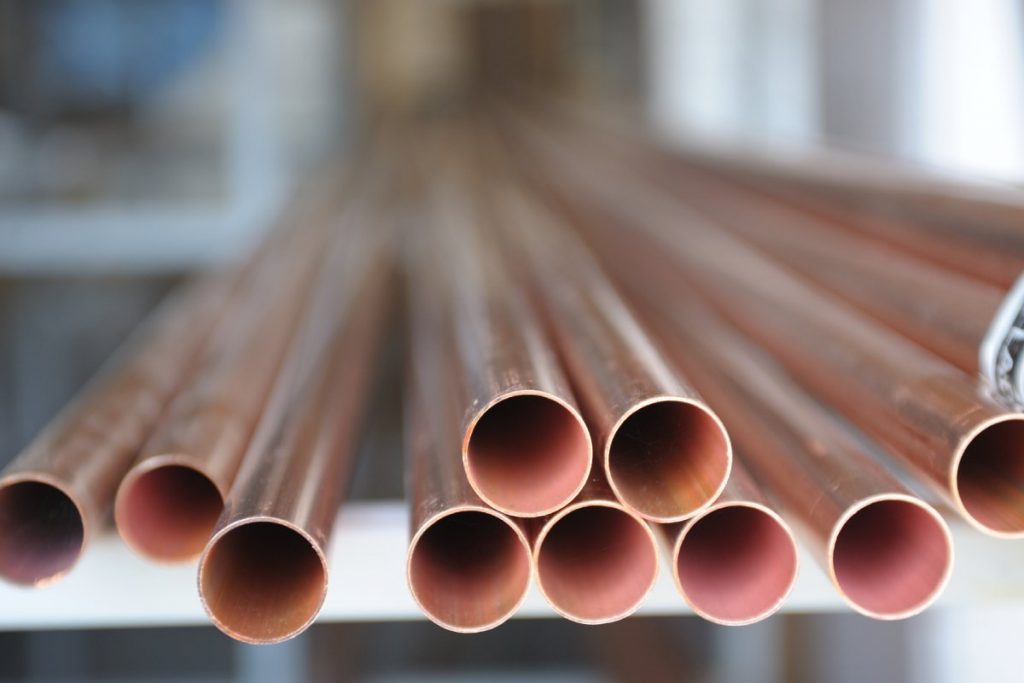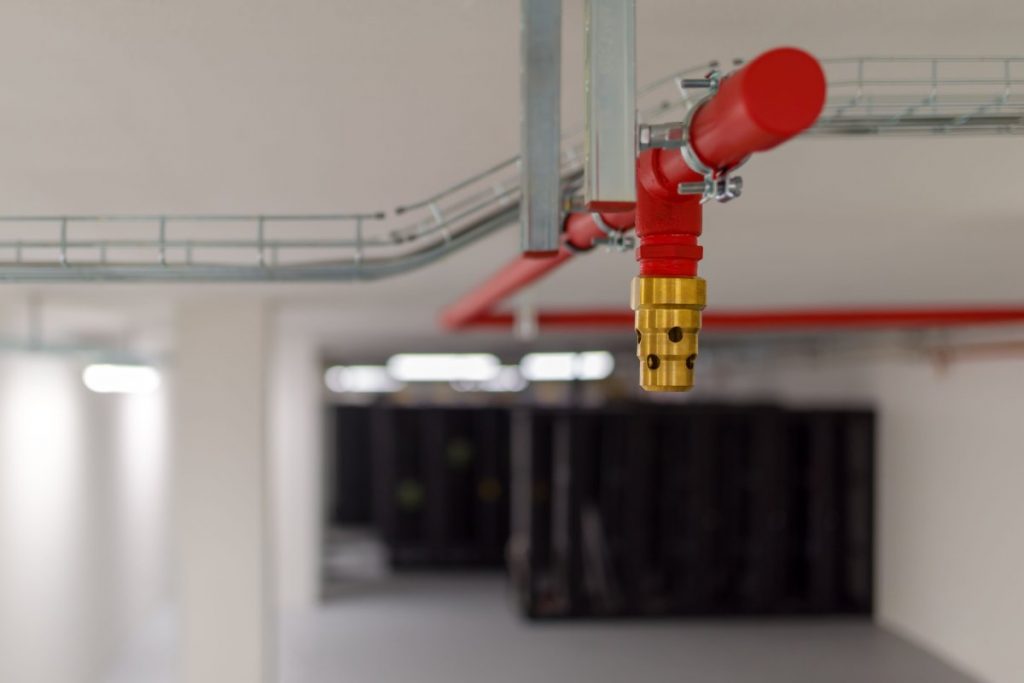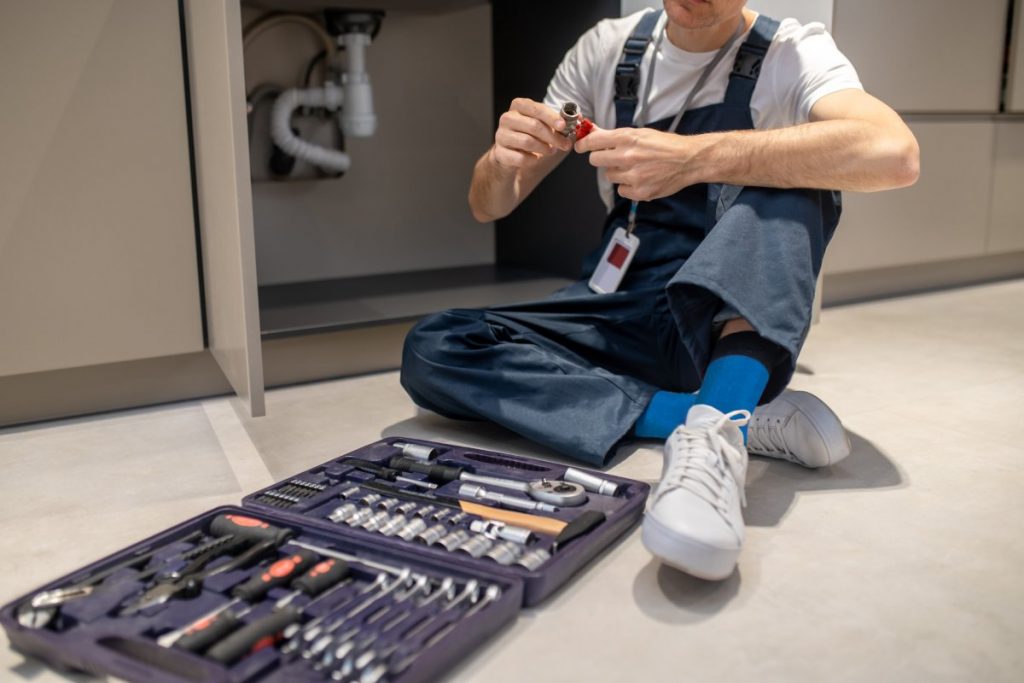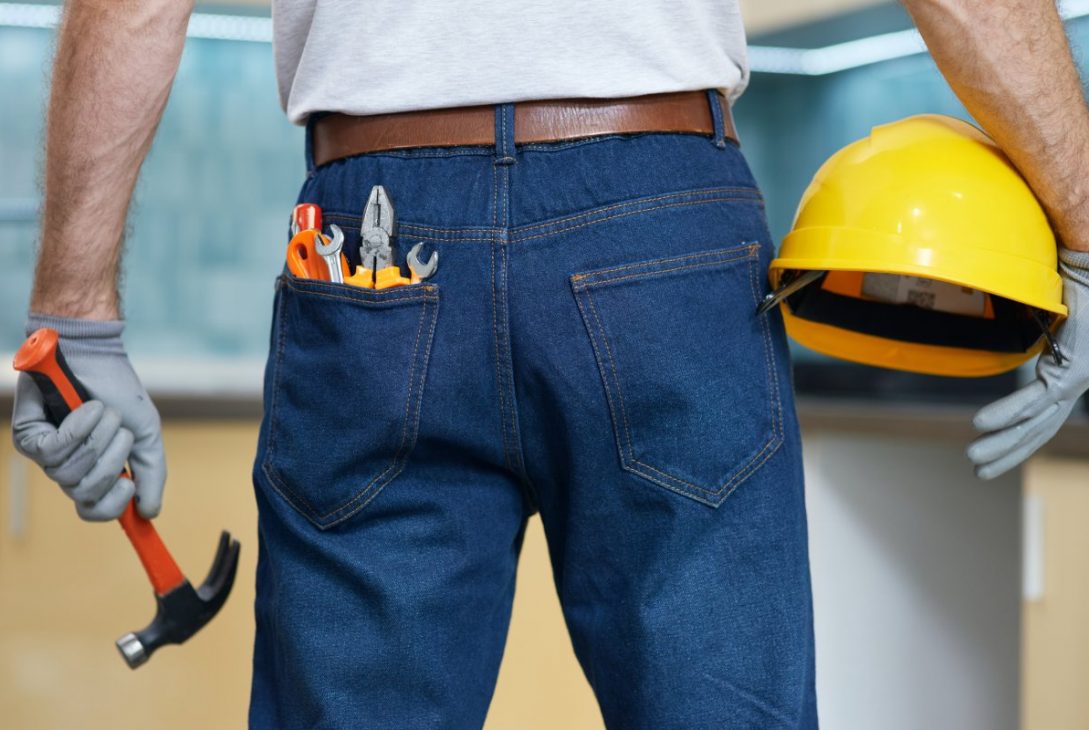Why is it called plumbing?
Have you ever wondered where the term “plumbing” comes from? It’s an interesting word that has a lot of history behind it. The word “plumbing” actually comes from the Latin word “plumbum,” which means lead. This makes sense when you think about it, because a long time ago, people used lead pipes to bring clean water into their homes and take away waste. It’s pretty fascinating to think about how far we’ve come since then.
But it’s not just the Romans and ancient Egyptians who had plumbing systems in place. Even the ancient Greeks had early plumbing systems, using clay pipes to transport water and waste. It’s amazing to think about how these civilizations were able to create such complex systems for something as essential as clean water. And it’s all thanks to the word “plumbing” and the history behind it.
The 19th Century: The Impact of the Industrial Revolution on Plumbing
During the time of the Industrial Revolution, the world was changing rapidly. As cities grew larger and more people moved in, new materials were needed to keep up with the demand for clean water and effective waste management. This is when we saw the introduction of materials like cast iron, steel, and eventually plastic in the world of plumbing. These new materials allowed for the building of bigger and more complex plumbing systems.
One of the most notable advancements during this time was the invention of the flush toilet by Alexander Cummings in 1775. Before this, people had to deal with waste in much less hygienic ways, and this invention revolutionised the way we take care of our bathroom needs. Another important development was the hot water heater invented by Benjamin Waddy Maughan in 1868. This made it possible for people to have hot water in their buildings, which made bathing and washing a lot more convenient. These innovations during the Industrial Revolution helped to shape the modern plumbing systems we have today.
The 20th Century and Beyond
As the 20th century progressed, the world of plumbing continued to evolve and improve. One of the most significant advancements was the development of the modern shower. It’s hard to imagine taking a shower without one of these now, but they were a relatively new invention at the time. Another major change was the widespread use of plastic pipes, particularly PVC pipes. These pipes were a game-changer for the plumbing industry because they were lightweight, easy to install, and resistant to corrosion.

Technology also played a big role in the development of more efficient water heaters. Tankless water heaters and solar-powered water heaters are just a couple of examples of how far we’ve come in this area. Today, plumbing is an essential part of our daily lives, and plumbers play a vital role in maintaining and repairing plumbing systems. This includes installing and fixing pipes, fixtures, and appliances, as well as designing and installing new plumbing systems. Plumbers are the unsung heroes that keep our water running cleanly and smoothly.
What are the different types of plumbing?
Plumbing is a vital system in any building, whether it’s a home or a commercial space. It’s responsible for bringing fresh water into the building and ensuring that waste and sewage is properly removed. When it comes to plumbing, there are a few different types that you should be aware of.
Water supply plumbing: This is the system that brings fresh water into your building and distributes it to different fixtures like sinks, toilets, and showers. It’s made up of a combination of pipes, valves, and fixtures that are designed to handle the pressure and flow of water. These pipes are usually made of copper, PVC, or PEX.
Drainage plumbing: This system is responsible for taking waste and sewage away from the building and ensuring that it’s properly disposed of. It includes a network of pipes, traps, and vents that work together to prevent odours and blockages. The pipes used in this type of plumbing are typically made of PVC or ABS.
Ventilation plumbing: This system is all about making sure that fresh air is circulating throughout the building and stale air is being removed. This is done through a system of pipes and vents that work together to maintain the right balance of air pressure and flow. It’s a crucial part of maintaining the health and well-being of everyone who lives or works in the building.
Gas plumbing: This is what brings natural gas or propane into the building and gets it to the appliances that need it, like stoves and water heaters. This requires a network of pipes, valves, and regulators that are able to handle the pressure and flow of gas. The pipes used for this type of plumbing are usually made of steel or plastic.

Suppression plumbing: This is all about making sure that there’s a way to put out a fire if one were to break out. This includes a system of pipes and valves that can automatically activate in case of an emergency, providing a critical layer of protection for the building and everyone inside.
Medical gas plumbing: This system is like a lifeline in hospitals and other medical facilities, bringing vital gases such as oxygen, nitrous oxide and vacuum to where they’re needed most – to patients.
Irrigation plumbing: This is like a watering system for lawns and gardens, with a network of pipes, valves and sprinklers that carefully distribute water to keep landscapes and gardens lush and healthy. And just like a well-functioning plumbing system is important for our homes, it’s just as important for swimming pools to have proper plumbing in place.
Swimming pool plumbing: This system brings water to the pool and distributes it to various components such as filters, heaters and cleaning systems to ensure the pool is in good working order.
It’s essential to hire a licensed and experienced plumber who understands the specific requirements and codes for the type of plumbing you need, to ensure the proper installation, maintenance, and repair of your plumbing system, keeping your home or building safe and functional.
What skills do plumbers need?
To be a successful plumber, a wide range of skills are required. These include both technical and non-technical abilities that allow plumbers to effectively diagnose and fix problems, work efficiently and safely, and effectively communicate with clients and other tradespeople. The following are some of the key skills that are necessary for success in the plumbing industry:

- Technical Knowledge:
- Plumbers must have a thorough understanding of the various types of plumbing systems and how they work.
- They should be able to read and interpret blueprints, schematics, and other technical documents to determine the best course of action for a particular project.
- They must also be familiar with local building codes and regulations and know how to properly install and maintain plumbing systems that comply with these codes.
- Problem-solving Skills:
- Plumbing systems can be complex and may require troubleshooting and problem-solving skills to identify and fix issues.
- Plumbers must be able to diagnose problems and come up with effective solutions.
- They should also be able to think critically and creatively to find innovative solutions to challenging problems.
- Physical Stamina and Dexterity:
- Plumbing work can be physically demanding, and plumbers must be able to work in tight spaces, such as crawl spaces and attics.
- They may also have to lift and carry heavy equipment and supplies.
- Plumbers must also have good hand-eye coordination and dexterity to work with small parts and tools.
- Communication Skills:
- Plumbers must be able to communicate effectively with clients, colleagues, and other tradespeople to ensure that projects are completed on time and to the satisfaction of the customer.
- They should be able to explain technical information in a way that is easy for non-experts to understand.
- Attention to detail:
- Plumbers must be able to pay attention to detail when installing, maintaining or repairing plumbing systems.
- They should be able to identify and correct minor issues before they turn into major problems.
- This attention to detail is especially important when working on complex and high-stakes projects, such as gas or medical gas systems.
- Time management:
- Plumbers must be able to manage their time effectively, to ensure that projects are completed on schedule.
- They should be able to prioritise tasks and work efficiently to minimise downtime.
- They should also be able to work under pressure and meet tight deadlines.
- Ability to work under pressure:
- Plumbing work can be unpredictable, and plumbers must be able to work well under pressure.
- They should be able to adapt to changing circumstances and handle unexpected challenges.
- Safety awareness:
- Plumbers must be aware of the potential hazards associated with plumbing work and take appropriate safety precautions.
- They should be familiar with proper safety procedures and use personal protective equipment as required.
- Continuous Learning:
- The plumbing industry is constantly evolving and new technologies are being introduced.
- Plumbers must be willing to continuously learn and adapt to new technologies and methods to keep up with the industry changes.
These skills are essential for success in the plumbing industry, and plumbers must work to develop and maintain them throughout their careers. With a combination of technical knowledge, problem-solving skills, physical stamina and dexterity, strong communication skills, attention to detail, effective time management, ability to work under pressure, safety awareness, and a commitment to continuous learning, plumbers can excel in their profession and provide top-notch service to their clients.
Conclusion
Plumbing has a long history, dating back to ancient civilizations. It continues to evolve with new technologies and materials, making it more efficient and reliable. Understanding the different types of plumbing can help you make informed decisions and choose the right plumber for your project. Each type has its own set of specific requirements and codes that must be followed to ensure proper function and safety. It’s crucial to hire a licensed and experienced plumber who is well-versed in the type of plumbing you need. By choosing the right plumber, you can ensure that your plumbing system is properly installed, maintained, and repaired, keeping your home or building safe and functional.










